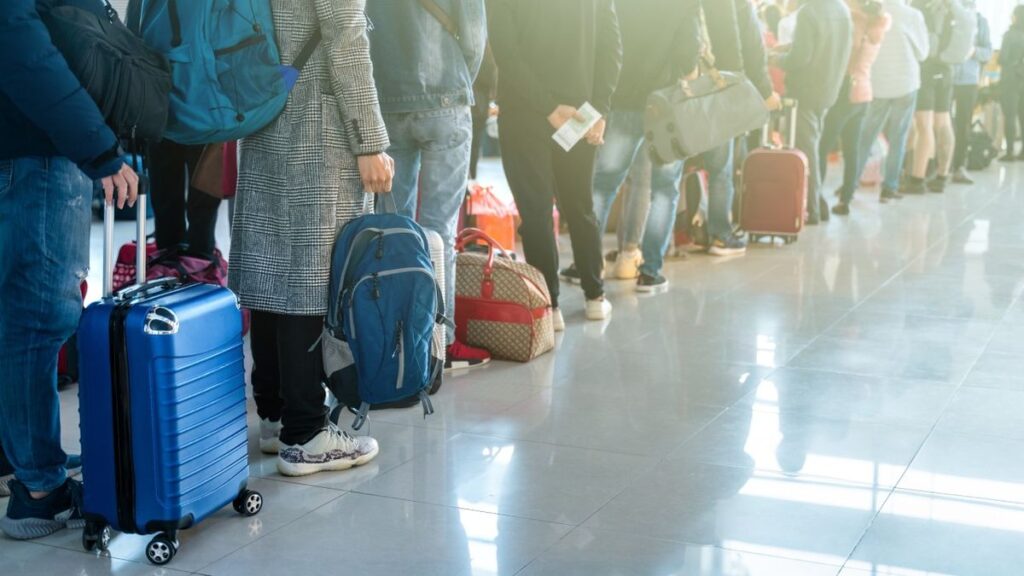In a recent development, the Federal Aviation Administration reauthorization bill could be disrupted by amendments proposed by Sen. Jeff Merkley and Sen. John Kennedy. If passed, this proposed amendment could cause significant disruption to airport operations and impact travelers across the country.
The amendment raises concerns about potential delays at TSA checkpoints, according to an analysis by the U.S. Travel Association. Travelers could experience an additional 120,000 hours of wait time per year, potentially impacting both TSA PreCheck and standard screening lanes.
RELATED: New study shows the US is second-to-last in attracting travelers – here's why
Additionally, the proposal raises national security concerns by potentially blocking TSA's use of facial recognition technology for non-PreCheck passengers.
Eliminating the use of biometrics, such as facial scans, would set America back decades.
“The FAA's proposed amendments to reauthorization are risky, costly, and could cause disruption to U.S. airports,” said Jeff Freeman, president and CEO of the U.S. Travel Association. “Eliminating the use of biometrics such as facial scans would set America back decades. The only people to blame are misinformed members of Congress.”
The Merkley/Kennedy amendment aims to completely prohibit the use of facial recognition technology (FRT) by the TSA until certain requirements are met. This could lead to significant disruption as it would require retraining of TSA officers. The technology must be removed and reintroduced. Additionally, screening lanes will need to be reconfigured.
Additionally, the proposal aims to restrict the use of FRT for untrusted travelers and halt the expansion of FRT matching technology to new airports until May 2027. It also places limits on the expansion and enrollment of his TSA PreCheck touchless ID solution beyond existing customers. specific airport.
Related: A guide to programs that promote travel
Jeff Freeman highlighted the potential impact of the proposed legislation. He praised TSA's efforts in innovating security technology and criticized Congress for potentially blocking these advances.
Editor's note: This article was generated by AI based on a press release distributed by U.S. Travel Association. Fact checked and reviewed by TravelAge West editors.


